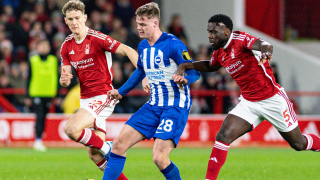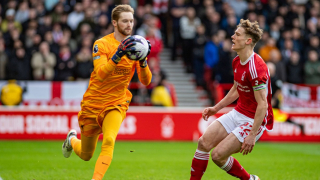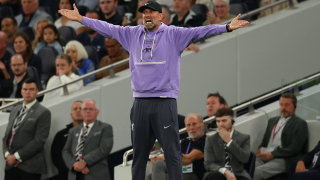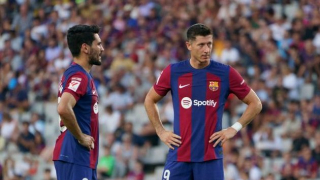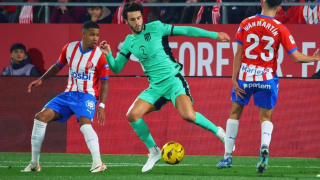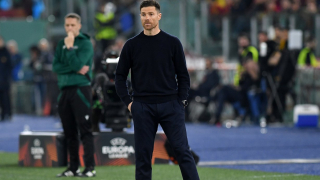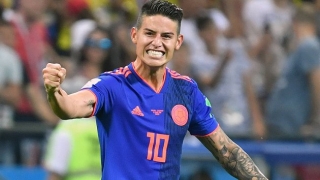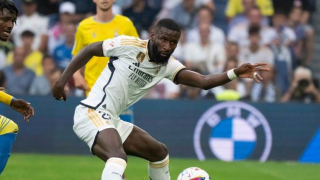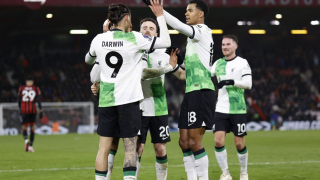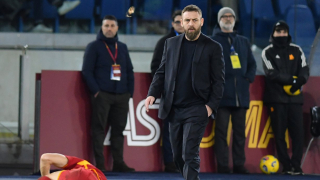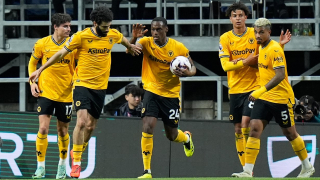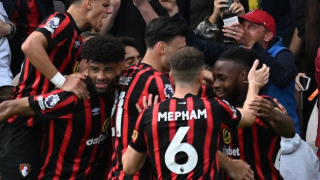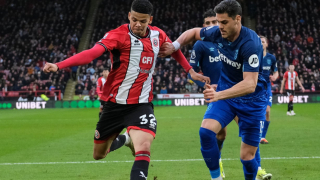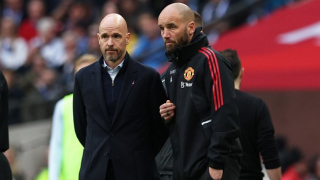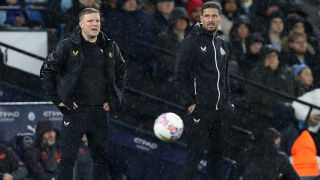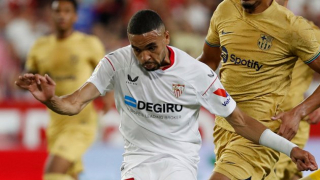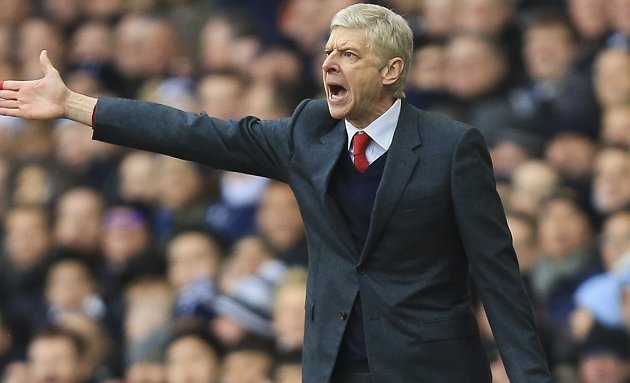Across 22 years in charge of ArsenalArsene Wenger enjoyed four major points of success: his first double-winning season in 1997/98, a second double in 2001/02, the Invincible campaign in 2003/04, and three FA Cup wins between 2014 and 2017.
But in the search for Wenger's greatest achievement team there are really only two candidates. The string of FA Cups in the 2010s are clearly a much smaller achievement (and set against a backdrop of gradual decline at the club), while there are very few changes in personnel or style between the 2002 and 2004 title winners, meaning they can be rolled into one.
The 1997/98 team and the 2002 to 2004 era were both revolutionary in English football. Here, we compare the tactics, and trophy hauls, of Wenger's two great Arsenal sides.
1997/98: A HEALTH AND FITNESS REVOLUTION
Wenger's first two years at Arsenal were ground-breaking, changing English football forever, and yet these developments were not immediately visible on the pitch. It wasn't until the second wave of Arsene's success that the club would be associated with beautiful passing. For their first Premier League and FA Cup double, it was all about conditioning.
When Wenger arrived at Highbury the players were dumbstruck by his appearance and demeanour. A quiet, studious man who looked more like a university lecturer than a football manager, the new Arsenal boss was completely at odds with English football culture. This was a time of angry managers screaming at their players, of players drinking heavily and eating badly.
Wenger single-handedly changed all that. He employed dieticians to help guide his players, banned junk food from the training ground, clamped down on drinking sessions, introduced yoga and pilates, injected the players with vitamin supplements, and even taught his squad how to chew their food properly.
That was the secret to his early success; bringing footballers in line with continental clubs, not tactically but in terms of health and fitness.
How they played
He was never a great tactician, not in terms of the small details or reacting to the opposition, and indeed his first Gunners team was relatively traditional. Arsenal attempted to play a passing game more than most in the Premier League, a consequence of having elegant foreign players in key positions, but Wenger's 4-4-2 largely followed the pattern of the time.
Emmanuel Petit and Patrick Vieira sat deep in a two, creating a strong defensive shape, while Marc Overmars advanced high down the left wing as Ray Parlour tucked inside from the right. Dennis Bergkamp, Arsenal's chief playmaker, played alongside Ian Wright or Nicolas Anelka up front.
Quick counter-attacks were an important part of the strategy, although this was a largely functional team who relied on individual moments of brilliance to win matches; a very common, if unsophisticated, approach for the 1990s.
Key match
Man Utd 0-1 Arsenal, March 98: Winning at Old Trafford left Arsenal six points behind United with three games in hand, decisively swinging the title in their favour. Overmars was the hero, not just scoring a 79th minute winner but creating and shooting frequently throughout. It was the kind of brilliant individual display that defined the Gunners' approach in 97/98.
The game formed part of an 18-match unbeaten run in the league that saw them storm ahead of United, despite having won just three out of ten matches between September and December.
2001-2004: BEAUTIFUL ATTACKING FOOTBALL
The team became more cultured with age, and after a few fallow years under Wenger they roared back with a second double in 2002. This time Arsenal were a brilliant team to watch, playing with conviction and unbelievable goalscoring ability, and despite failing to win the title the following year it was almost exactly the same 11 that then went an entire campaign invincible in 2004.
They were always in control of the Premier League season, eventually winning by 11 points, but were surprisingly knocked out of the Champions League in the quarter-finals by Chelsea. Wayne Bridge's 87th minute goal denied Arsenal a semi-final against AS Monaco and, perhaps, a shot at beating Jose Mourinho's Porto to lift the trophy.
How they played
What most differentiates this Arsenal from the 1998 version is their use of a strikerless system. It might have nominally been a 4-4-2, but both Dennis Bergkamp and Thierry Henry dropped off the front, making unusual runs and creating as dual number tens. Their forward positions were often then occupied by Robert Pires and Freddie Ljungberg, who made diagonal runs from the wings to get into the box.
This front four, swapping positions and coming in search of the ball, gave Arsenal lethal counter-attacks; their system was more similar to a modern counter-attacking side like Atletico Madrid than the sort of tiki-taka football for which it is regularly misremembered. Vieira and Gilberto certainly ensured there was a lot of graceful passing, and the team was expansive in possession, but their defensive resolve was just as important.
The Arsenal back four had evolved considerably since 1998. Whereas the first double was built on the physicality of Adams and Steve Bould, now more attack-minded and ball-playing defenders were in key positions. Lauren, Kolo Toure, Sol Campbell, and Ashley Cole were very modern players.
Key match
Inter 1-5 Arsenal, November 03: A scintillating performance at the San Siro in the group stages of the Champions League was arguably their best of the campaign, and evidence Arsenal were one of the top sides in Europe. Henry in particular was outstanding, helping the Gunners net five past a defence of Francesco Toldo, Ivan Cordoba, Marco Materazzi, and Fabio Cannavaro.
CONCLUSION
Although the first double-winning Wenger side actually won just as much as any of his other iterations, and although that initial revolution in diet and training was a seminal moment for English football, it simply cannot compare to the extraordinary – and still unmatched – achievement of remaining an entire campaign unbeaten.
The mentality and skill it takes to be Invincible makes 2003/04 the greatest year of Arsenal under Arsene, and that team – of Pires and Ljungberg, of Henry and Bergkamp, of Cole and Vieira – will forever hold legendary status in world football history.

